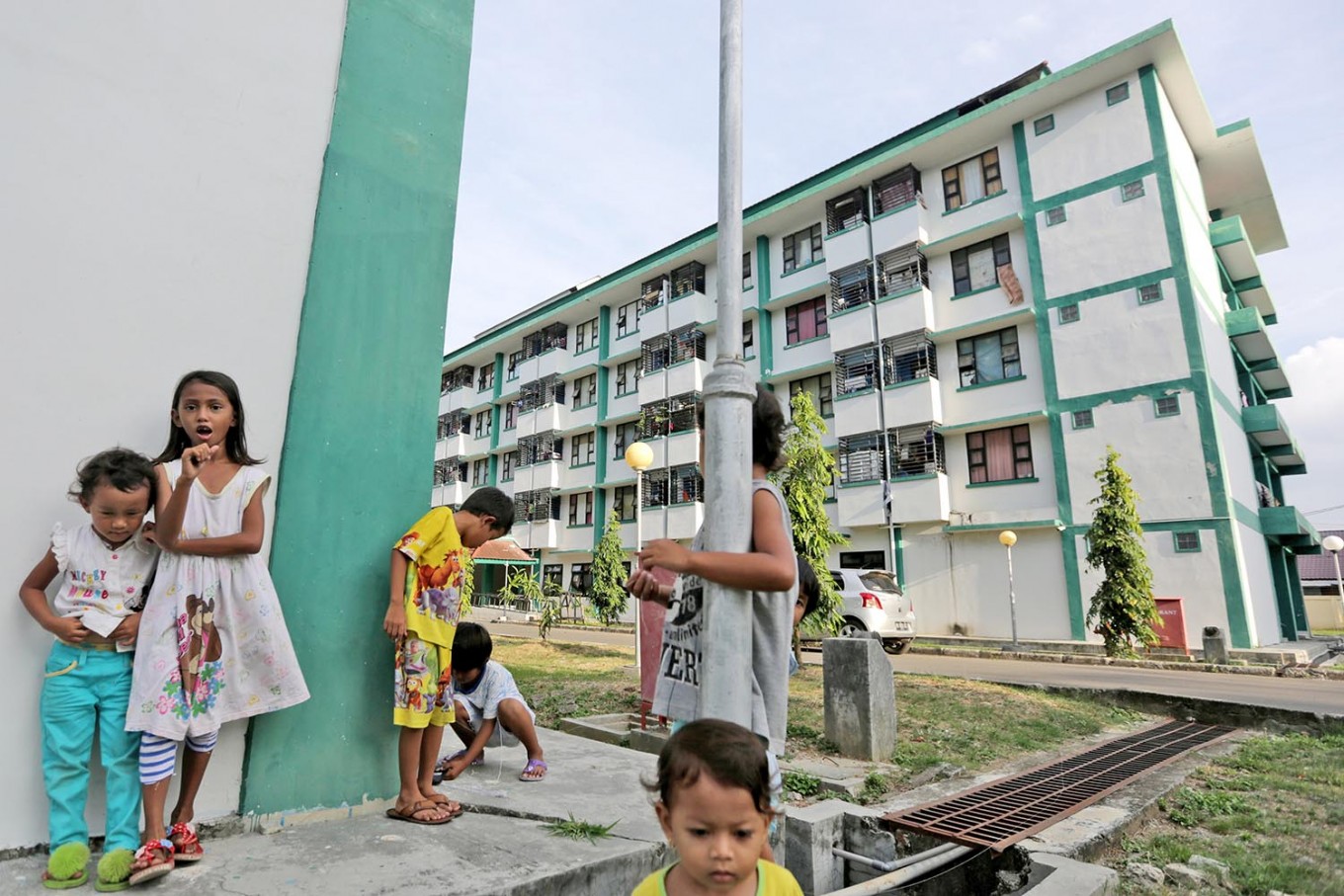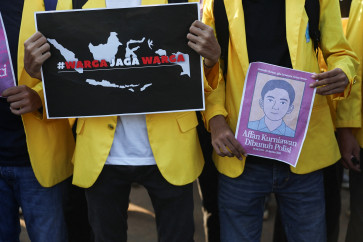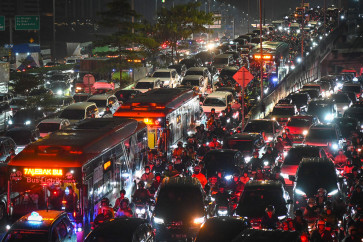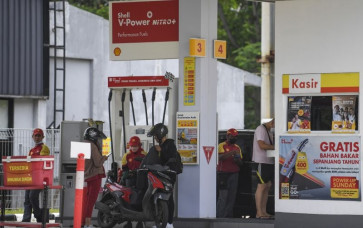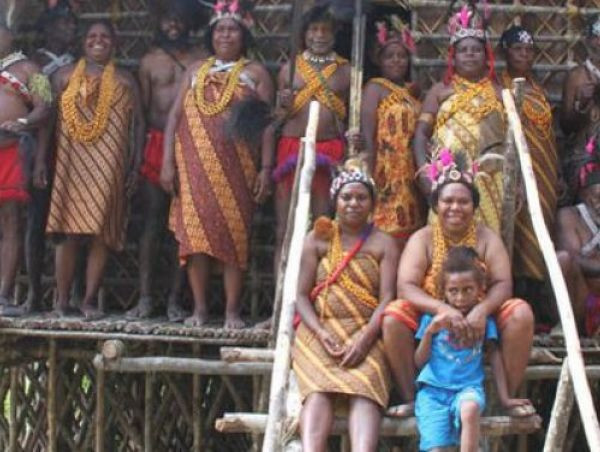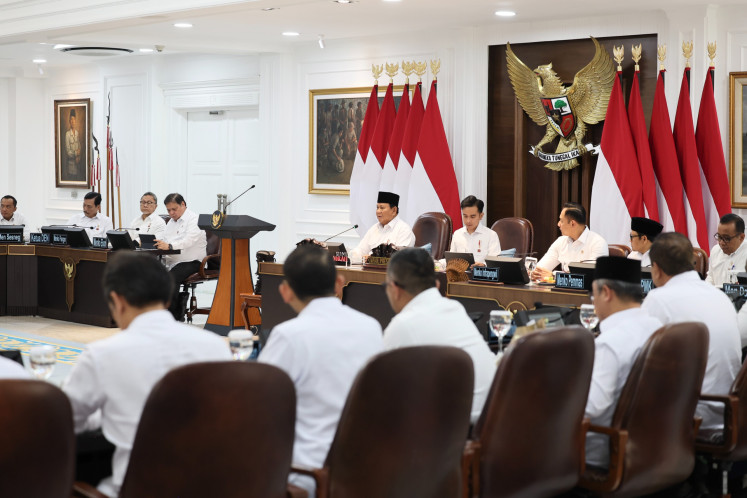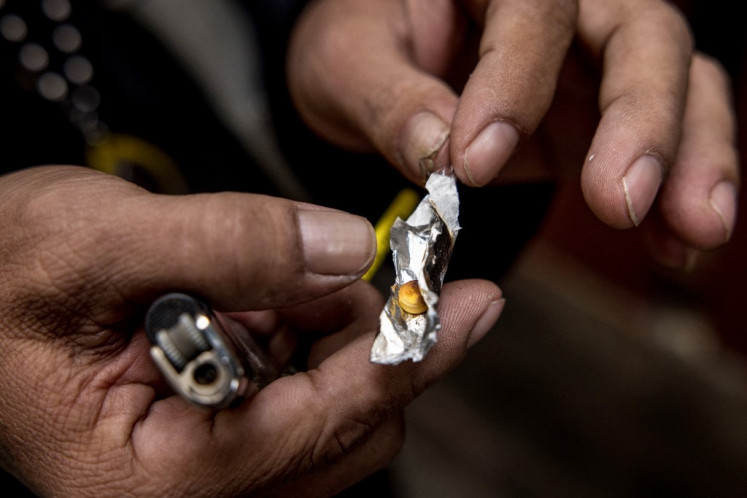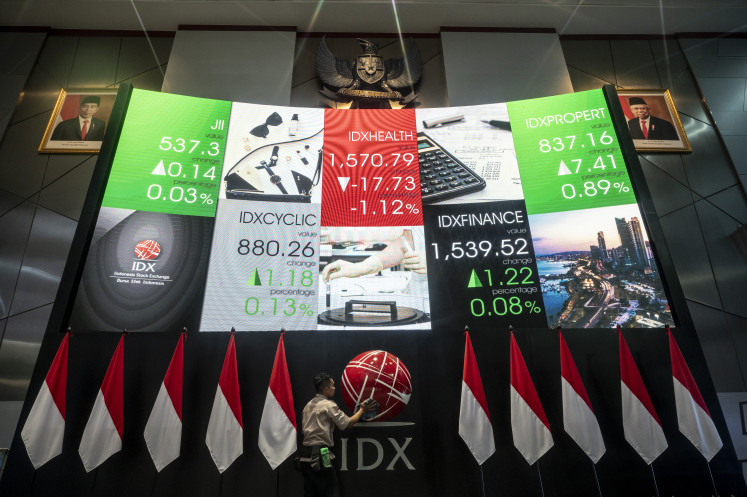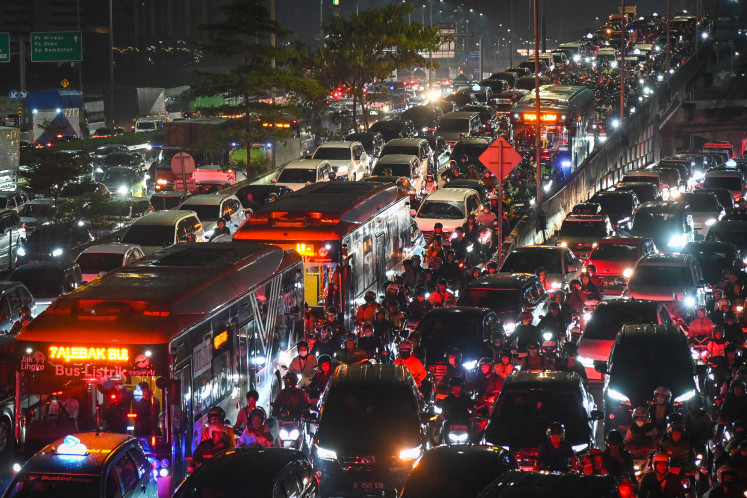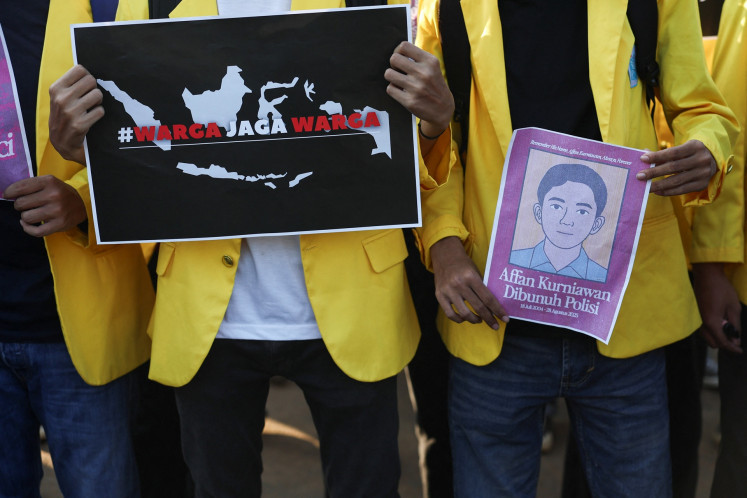Popular Reads
Top Results
Can't find what you're looking for?
View all search resultsPopular Reads
Top Results
Can't find what you're looking for?
View all search resultsUrgent supervision needed of Aceh's autonomy funds
Four years after the funding was officially available by 2012 Aceh was named the second-most corrupt province, and in 2014 it became the worst.
Change text size
Gift Premium Articles
to Anyone
I
t has been a decade since Aceh began to receive special autonomy funding in 2008. According to Law No. 11/ 2006, the funding should be used for six strategic sectors, namely education, health, infrastructure, economic empowerment, poverty reduction and social welfare. However, Aceh remains the poorest province in Sumatra with high unemployment.
One explanation is the predatory elites who have sucked up the funds through government programs. This parasitic behavior has been able to survive for a decade because of a lack of an opposition movement in Aceh.
To make special autonomy more effective, the central government must intervene to monitor the implementation of the funding and establish the rule of law to combat corruption in the region.
Following the Helsinki peace agreement between the government and the then Free Aceh Movement (GAM), former GAM members without close ties to Indonesia’s political elite became the new “ruling class” — unlike other provinces where many of the local elites were holdovers from the New Order’s patrimonial system.
Almost a decade ago the Indonesianist Edward Aspinall, in his article “Combatants to Contractors” (Indonesia journal) detailed how the former GAM used its influence including intimidation to win construction tenders.
From 2005 onward, Aceh arguably became the largest construction project in the history of the developing world, to rebuild the province almost from scratch following the devastating earthquake and tsunami.
To win tenders, those bidding for the projects, with neither knowledge nor experience in construction, used rampant violence and bribery.
After winning contracts and securing about 10 percent of the budget, projects were subcontracted to others; hence the winners gained a lot of money without doing any construction work.
In the resulting unholy trinity of contractors, predatory politicians and parasite-bureaucrats, some contractors became politicians and vice versa. Those who were not politicians needed close ties to politicians to help them win projects.
The “contractor-politicians” often chaired the tender committees of given projects, and could thus determine budget planning and project locations.
So, in 2008, when the special autonomy funding was released, the funds were available to this alliance of predators, which included bureaucrats who could be bribed.
Aceh’s lack of industrialization also meant special autonomy funding became more important to the predatory elites, leading to massive corruption.
Four years after the funding was officially available by 2012 Aceh was named the second-most corrupt province, and in 2014 it became the worst.
A sharia-based bylaw against corruption has never been drafted, as such a qanun would curb the elites’ interests and behavior.
The focus on infrastructure was justified following the great losses from the 2004 disaster; however, the big projects also provided large material benefits for the elites and their allies.
Of note are projects with no relation to the people’s economic empowerment such as luxurious buildings for regents’ offices, the palace for the Wali Nanggroe, Aceh’s “guardian”, and the electric umbrella for the Great Mosque Baiturrahman.
Much of the disappointment in public services has been blamed on massive corruption.
Meanwhile, the fund redistribution has neglected, for instance, the majority of Aceh’s workforce — the peasants. To date they have not seen a policy aimed at empowering them through, say, land ownership.
Large-scale infrastructure projects to develop the agricultural sector into an agroindustry are nonexistent, amid little interest by the elites and the disorganized condition of farmers.
At election time, politicians can simply blame farmers’ economic problems on the central government, or divert voters with trivial issues such as the Aceh flag, anthem or other official symbols.
So, after 10 years, special autonomy funding has only made politicians and contractors rich with no significant pressure from society, while the rest of society, except civil servants need to struggle to survive.
Criticism is much louder against Jakarta rather than against the powerful in Aceh.
So, it doesn’t matter how badly the special funding has been managed and distributed, there has been no strong political force able to stop the practice.
A significant reaction in Aceh only occurs when triggered by issues related to religion or ethno-nationalism. We have not witnessed, for instance, mass protests by farmers or fishermen. Except for a few local anticorruption NGOs, no political parties or religious organization has clearly campaigned against corruption.
Therefore, special funds for any province is no guarantee that local governments can develop their economies. The central government and international NGOs may create many workshops for “good governance” in Aceh.
However, as long as the structure of predatory power is not broken, nothing will change.
The special funding will end in 2027. The only feasible way to ensure the funds meet their objective is for the central government to interfere in its use.
Urgent action is first needed in an in-depth evaluation into what happened in the last 10 years. The evaluation should detect the corrupters and the loopholes in the system.
The contractors, politicians and bureaucrats found to be corrupt should be blacklisted or jailed while the system needs to be more transparent and accountable.
Second, the central government needs to closely monitor how special autonomy is exercised for the next 10 years to prevent the funding being hijacked by the predatory elites.
And last, heavy punishments should be dealt out to corruptors as lessons to others.
The reelected Governor Irwandi Yusuf should support such attempts through regulations, as he has promised to make procedures for procurement and tenders “without fees”.
As a former governor who knows very well how corruption happens in Aceh, there is no guarantee that he and his administration will be clean from corruption either.
Therefore, social and political pressure is needed from local activists and the central government. The central government can postpone the funding until bureaucratic reform is established in Aceh.
***
The writer is a researcher with the Center for Social and Cultural Research (PPISB) at Syiah Kuala University, Banda Aceh, and a graduate of public policy and management, the University of Melbourne, Australia.

